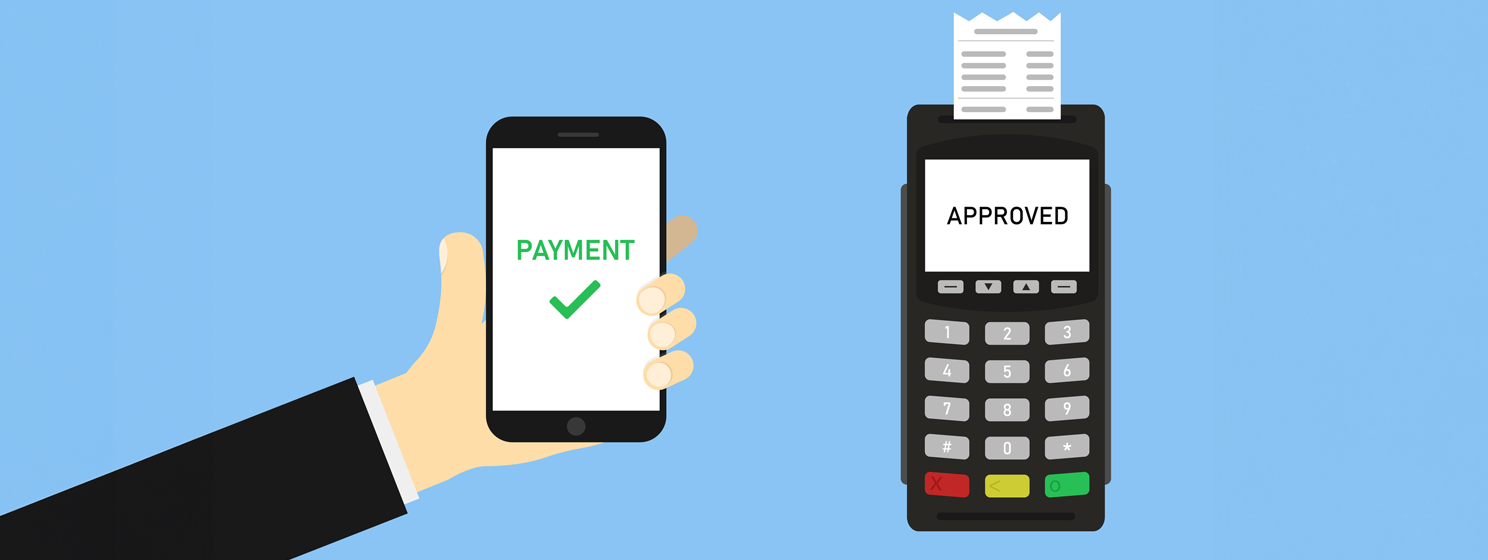|
Getting your Trinity Audio player ready...
|
One of the main themes at the 2024 edition of the London Blockchain Conference was blockchain’s role as a secure data ledger. Dr. Robert Huber joined a panel to discuss how blockchain is reshaping cybersecurity by providing a universal source of truth for authenticating data.
Huber, who is the co-founder and tech lead at blockchain data solutions company Veridat, joined CoinGeek Backstage to discuss how we can utilize the blockchain for data integrity.
“We are using blockchain to secure data in terms of integrity, putting a layer of truth over digital documents. The difficulty with digital documents is that they can be altered without leaving a trace,” he told CoinGeek Backstage reporter Becky Liggero.
Veridat is a trust-as-a-service company whose APIs add a layer of trust to any workflow by providing data authenticity and integrity through the BSV blockchain. One sector the company has focused on is supply chain management. At any one time, there’s over $22 trillion worth of goods flowing through global supply chains. However, hundreds of billions of dollars are lost yearly due to opaque processes, lost documents, graft, and theft.
Veridat solves this by having the nodes in the entire supply chain record data on its blockchain system, making “the whole supply chain visible from end to end.”
“Because of our data solutions, we can check whether the state of a certain piece of digital document has been altered without authorization at a later point. Those are all things you want to know, and with our system, it becomes visible,” explained Huber.
Veridat’s solutions also allow clients to be easily compliant with regulators. With blockchain, regulators can access all the required data with confidence that it hasn’t been tampered with.
Veridat’s background is mainly in the healthcare sector. Huber noted that more companies are seeking its services to comply with the Food Safety Modernization Act. This law takes effect in January 2026 and requires companies to establish traceability for any food item included on the Food Traceability List, which includes cheese, eggs, herbs, fruits, vegetables, and fish.
“We are basically helping companies to satisfy the requirements for the Act with our solutions,” he concluded.
Watch: Realizing the vision for Bitcoin beyond crypto

 03-04-2026
03-04-2026 




